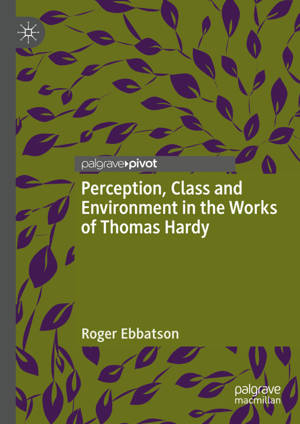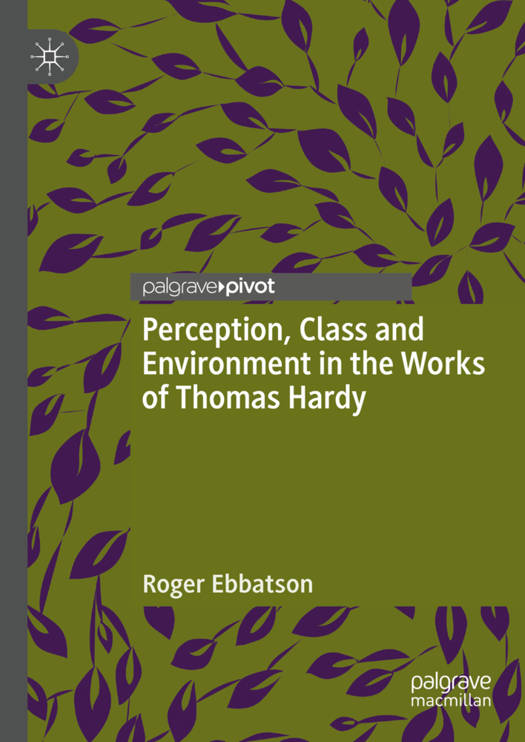
- Afhalen na 1 uur in een winkel met voorraad
- Gratis thuislevering in België vanaf € 30
- Ruim aanbod met 7 miljoen producten
- Afhalen na 1 uur in een winkel met voorraad
- Gratis thuislevering in België vanaf € 30
- Ruim aanbod met 7 miljoen producten
Omschrijving
This book examines Thomas Hardy's writing in both prose and poetry, focusing on issues of perception, 'being', class and environment. It illustrates the ways in which Hardy represents a social world which serves as a 'horizon' for the individual and explores the dialectic between the perceptible world and human consciousness. Ebbatson demonstrates how, in Hardy's oeuvre, modern life becomes alienated from its roots in rural life - individual freedom is achieved in works like Tess of the d'Urbervilles, Jude the Obscure or The Woodlanders at the cost of personal insecurity and a deepening sense of homelessness. However, this development occurs against the marginalisation of dialect forms of speech. This book also explores how Hardy's impressionist vision serves to undermine the prevailing conventions of plot structure.
Specificaties
Betrokkenen
- Auteur(s):
- Uitgeverij:
Inhoud
- Aantal bladzijden:
- 154
- Taal:
- Engels
Eigenschappen
- Productcode (EAN):
- 9783031401091
- Verschijningsdatum:
- 29/09/2023
- Uitvoering:
- Hardcover
- Formaat:
- Genaaid
- Afmetingen:
- 148 mm x 210 mm
- Gewicht:
- 353 g

Alleen bij Standaard Boekhandel
Beoordelingen
We publiceren alleen reviews die voldoen aan de voorwaarden voor reviews. Bekijk onze voorwaarden voor reviews.











